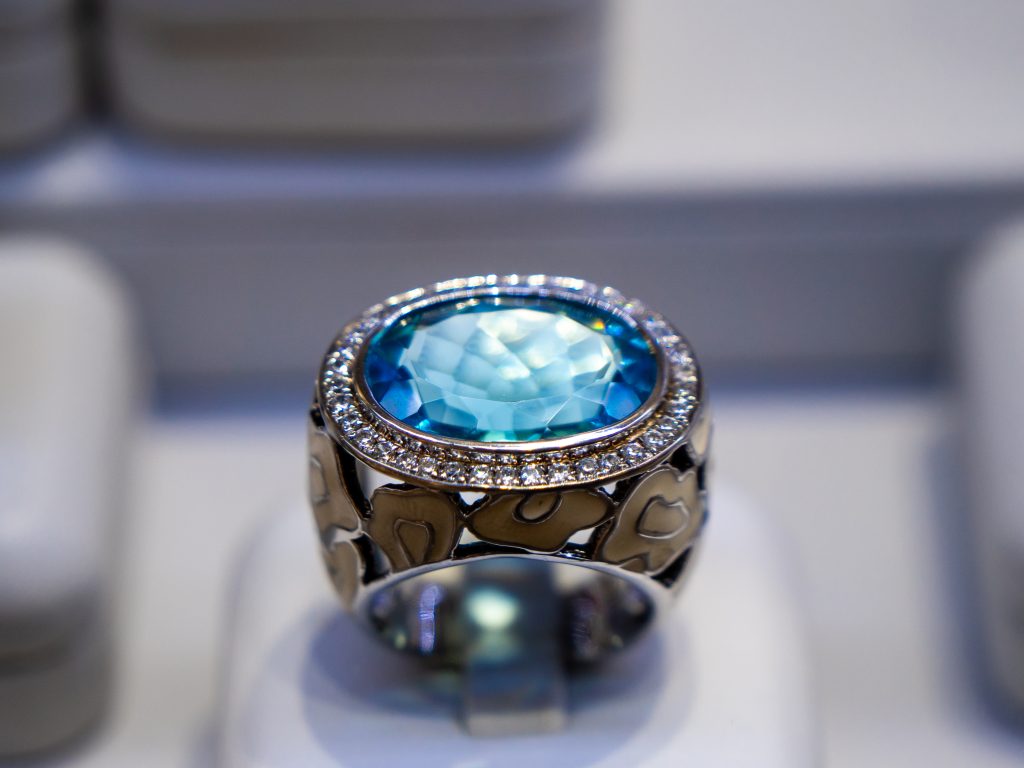


The luxury brand sector of the hospitality business is very competitive, with many high-end hospitality venues vying for customers.
Luxury brand marketing and management are vital for high-end brands that are trying to attract the right kinds of customers.
This can be a very exciting and interesting area in hospitality careers, with a lot of scope for creative thinking and new ideas.
In this article, we’ll go over the basics of luxury brand strategy and marketing, with everything you need to know to look towards a career as a luxury marketer.
What is luxury brand strategy?
While there is a range of brands in every industry, luxury brands aim themselves at luxury markets with higher price points, offering bespoke services and more highly sought-after options.
Marketing luxury brands is important as competition can be fierce at these high price points and luxury consumers can be very discerning.
The strategies that luxury brands use are often different from what other brands use.
Brand strategy is an important part of hotel or hospitality management, as it can directly affect the revenue generated by a venue.
Luxury brand managers need to know how to handle high-end brands and offer a luxury experience to get loyal customers.
Start a career working with luxury brands
Transform your career with a world-class education in managing and strategizing for luxury brands with Glion
Master’s in luxury brand management
What is luxury brand positioning?
Brand positioning refers to the market position that a brand occupies.
Developing this includes looking at what makes a brand different from its competitors, as well as the customers it’s targeting and connecting with.
This is important when you are looking at luxury brand marketing.
What strategy do luxury brands use?

There are many different forms of luxury brand strategy to make sure brands stand out from their competitors.
This includes focusing on the brand’s origin or heritage as well as the services they offer and the bespoke options they can provide.
Luxury brand marketing can also focus on making sure they appear exclusive.
As with any other brand, it is also important for a luxury marketer to adapt and evolve to stay up to date with customer requirements and market trends.
Key elements of a successful luxury brand strategy
Managing the image, offerings, and marketing of a luxury brand or ultra luxury brand can be an ongoing challenge.
There are some key elements that are important to look at in marketing luxury.
These include making sure that all parts of the business work together to present the right appearance to customers.
World-class bachelors degree to specialize in Luxury brand management
Become a leader in managing hospitality venues and businesses and learn about revenue management and brand strategy with one of our degrees
Business and hospitality management
Building a strong brand identity

International luxury brands to know where they fit in the market and what makes its offerings special.
This could include looking at the heritage of the brand, future intentions, sustainability, and more.
Once you know what is special about a brand, you can start to build the outward-facing identity of the brand.
- General branding: This is all about knowing what aspects of your brand to prioritize in your advertising, as well as what your main unique selling points are. You also need to make sure that all the branding coordinates and resonates with the values of the brand.
- Logo design: The logo has to be one of the most easily recognizable parts of a brand’s marketing, so a lot of work has to go into making sure the logo is distinctive and gives customers an idea of what the company is offering.
- Brand voice: The brand’s voice is all about the distinct personality and feel of all communications that the brand generates. This includes marketing, direct customer communications, websites, social media and more. This should embody what the brand offers and be aimed at the right target audience.
Creating a unique customer experience
Luxury brand advocates and marketers need to highlight how the brand can offer something unique to their customers to set themselves apart from other brands.
There are many different ways that this can be done, depending on what the brand is and what industry it’s in.
- Customer service: Luxury brands are known for delivering excellent customer service that ensures their customers get what they want from interactions. Focusing on customer service can help make sure that people remember the brand as a go-to or recommend it to others.
- Product design: Every luxury brand needs to have excellent products or services to offer to stay in the luxury industry. These may be the main selling point of a brand, so products need to be carefully designed to ensure that they meet the needs or wants of the target audience.
- Store environment: The store environment can include anything from a shop to a restaurant to a hotel. This needs to be pleasing and inviting and convey an idea of luxury by using visual elements, digital platforms, and good luxury brand marketing strategy.
Managing the perception of exclusivity

Luxury brands often distinguish themselves from other brands in the luxury industry with a sense of exclusivity, and luxury brand managers need to capitalize on this.
- Limited editions: Making an item or service unavailable after a certain time can help limit supply and increase demand by maintaining the sense of exclusivity.
- Customization: For a high price point, customers in the luxury sector will often want to be able to pick and choose what services they get.
- Personalization: Luxury consumers also often want to have a fully bespoke service than ensures no one else receives exactly what they get.
Building strong relationships with customers
Luxury brands need to ensure that they have a good relationship with customers as this helps word-of-mouth and makes repeat customers more likely.
This can be done before, during, and after the customer buys the product or service you offer.
Building relationships and getting loyal customers can be done using strong services, personalization, good visual elements, and marketing on digital platforms.
Good relations can turn customers into loyal brand advocates, and this is important for both domestic and international luxury brands.
Staying relevant in a changing market
Luxury markets are always changing, and all brands in the luxury sector need to make sure they stay up to date in a variety of ways, ensuring that customers always have a modern luxury experience.
- Innovating: Coming up with new ideas is important to ensure that the product or service is new and exciting.
- Adapting: Customers will all have different needs, and companies need to adapt to individual client requests.
- Evolving with the market: The standards for any industry will change over time, and luxury brands need to ensure they always address these luxury marketing trends.
Luxury brand strategy: summary
Luxury management and strategy can be an exciting and fascinating route to take if you are looking at studying hospitality management or business.
Luxury brand marketing strategy means setting your brand apart from its competitors as well as staying up to date and focusing on guest experience over price.
You can undertake further study such as a master’s degree at Glion to acquire the skills and knowledge necessary for success in this demanding and rewarding field.
Photo credits
Main image: Betsie Van der Meer/DigitalVision via Getty Images
















